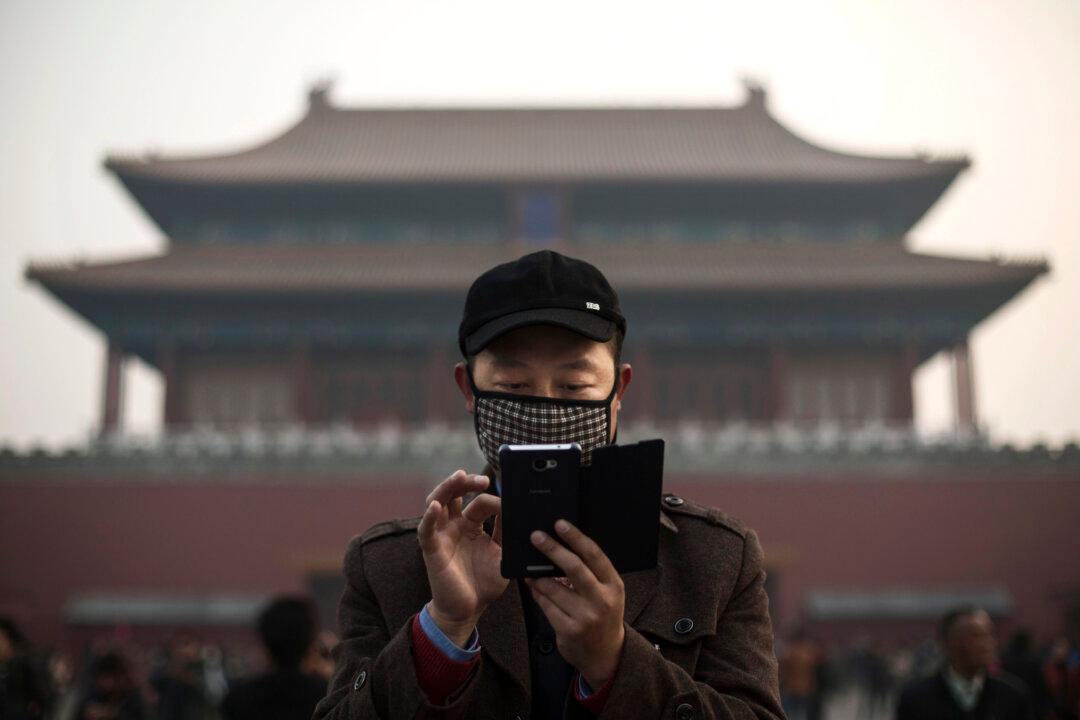Lawyers in China are being told to think very carefully what they say inside the courtroom from now on, with a new proposed law that would have the effect of criminalizing speech made in defense of their clients.
In the second review of China’s criminal laws last week, the National People’s Congress—China’s rubber stamp legislature—plans to add “severely disrupting courtroom order,” “insulting, defaming, or threatening judicial officials or litigation participants,” and “not heeding the court’s warning” to the list of criminalized courtroom behavior.
There’s currently only one item on the list, “assembling a crowd to cause trouble and disrupt court order.” Rule breakers face fines and up to three years imprisonment.
Over 500 lawyers signed an open letter in protest last year after the amendments were first put forth in a draft reading in October. Because words like “defaming” and “insulting” were too vague and open to varied interpretations, the lawyers wrote, defense attorneys would essentially be handicapped since anything they said could be used to charge them.
The recent announcement seemed to include a minor update to the problematic order from last year, but it didn’t change the essence of the law, and again triggered an outpouring of protest from lawyers on Chinese social media.
“If the criminal law amendment passes, legal defense becomes a formality since lawyers will cooperate with the court and just go through the motions of a trial. Lawyers stay safe, but defendants will be miserable,” wrote Beijing lawyer Yang Xuelin on Chinese microblogging site Sina Weibo on June 29.
“Discussing the rule of law and jurisprudence to the authorities is pointless because what they really want is official rule,” wrote lawyer Fu Minrong.
If lawyers “don’t dare speak out in court, it’s a very dangerous thing,” said Chinese rights lawyer Zhang Weiyu to Epoch Times. Under the existing criminal laws, attorneys are already frequently beaten by bailiffs. Most recently, in a trial defending practitioners of Falun Gong for distributing fliers exposing the regime’s persecution of the faith on June 18, court police punched lawyer Wang Quanzhang several times in the presence of the judge and officials.
Thus, should the amendments pass, “anyone could be a victim,” Zhang added.
Some members of the National People’s Congress also found the proposed criminal law changes too controversial, according to Chinese business news publication Caixin. Deputy member Yan Jianguo, a former lawyer from Hebei Province, expressed concern that the rules would be used arbitrarily by courts to interrupt attempts by lawyers to defend their clients.
With reporting by Luo Ya.




